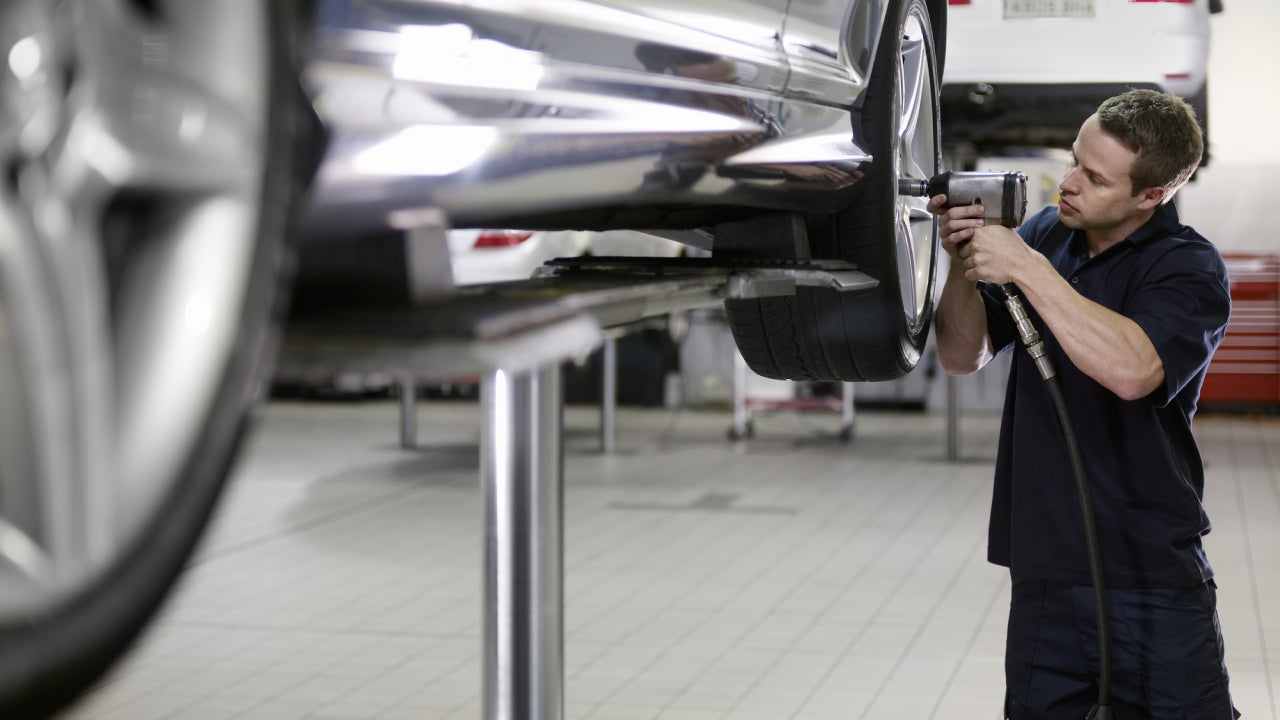What is the new car insurance grace period?

Key takeaways
- After you buy a new car, your insurer may offer a grace period lasting seven to 30 days for switching your car insurance.
- If your insurer doesn’t have a grace period, you must add your new car to your policy before driving off the lot.
- In most states, driving without insurance, even for a short period of time, is illegal, and you could face penalties if you do not switch coverage to your new car.
There is no shortage of paperwork to fill out the day you buy a new car, but insurance forms may not need to be among them. For drivers who currently have coverage on another car, there is often a grace period for adding a new vehicle to your policy. For example, Progressive gives you 30 days to add a new car to your policy. If you don’t currently have insurance on any vehicle, you’ll need to make sure you get insured before you drive the car off the lot.
Is there a grace period for car insurance when buying a new car?
When you buy a new car, your potential insurance grace period will depend on your insurance company. Although not all insurers offer a new car insurance grace period, many do. Most major insurers, like Progressive, Geico and State Farm offer a grace period of at least a few weeks. When you contact your insurer within your grace period to add your new car. If you’re getting rid of your previous vehicle, you’ll also want to cancel the insurance on your old car. You may want to use the grace period to compare quotes from other insurance companies to make sure you’re still getting the best rate.
How does my car insurance coverage work in a grace period?
If you have full coverage car insurance on a vehicle on your insurance policy, that same coverage will often extend to your new vehicle during a grace period. If you carry liability-only coverage, you may have significantly limited coverage on your new vehicle during the new car insurance grace period. If you have multiple vehicles on your policy with different levels of coverage, typically, the best coverage on your policy temporarily applies to your new car. Temporary coverage applies regardless of whether you buy your newer vehicle through a dealer or a private seller.
Imagine you have two vehicles on your auto insurance policy: one vehicle with comprehensive and collision coverage, and one vehicle with liability-only coverage. If you were to purchase a third vehicle, generally, your new car would automatically have the best coverage available on your policy, which would be comprehensive and collision coverage.
How long does a car insurance grace period last?
Depending on your car insurance policy and current level of coverage, a car insurance grace period can last anywhere from seven to 30 days from the purchase date of your new vehicle. The level of coverage on your new vehicle may be limited during the grace period, and in some cases, your deductible would still apply to any claims filed. Checking in advance with your insurance company can help to prevent any gaps in coverage and associated financial risks.
When does a car insurance grace period not apply?
If you do not have an active car insurance policy when buying a new car, the insurance grace period will not apply. In this case, you’ll need to shop for car insurance and get a new insurance policy for your vehicle. Depending on how much time you have before needing to drive off the car lot, it may be worth considering getting multiple car insurance quotes to find the best rate for your needs. Rates can vary drastically from company to company based on several factors specific to you and your car.
If you have an active policy, a car insurance grace period may not apply in a few scenarios, such as if your insurer does not offer a grace period, or if you have exhausted your grace period coverage. In either case, you’ll need to add your vehicle to your policy to have coverage. Without it, you could be considered driving without insurance should an incident happen, which could have major consequences.
Frequently asked questions
Why we ask for feedback Your feedback helps us improve our content and services. It takes less than a minute to complete.
Your responses are anonymous and will only be used for improving our website.
You may also like

Car insurance for a car with modifications


Buying car insurance for a new car



